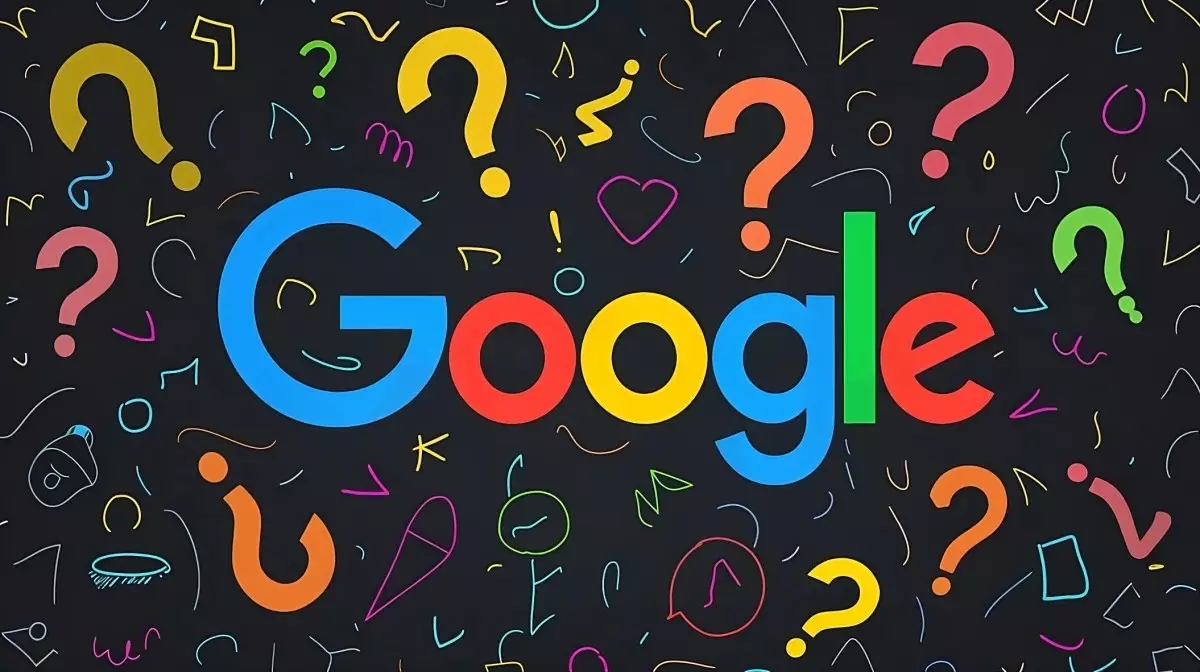Google’s recent flurry of AI offerings, including Bard, Gemini, Gemini Advanced, Gemini 1.5 Pro, Gemini for Workspace, Gemini Business, and Gemini Enterprise, has left both consumers and employees scratching their heads. The lack of clarity and consistency in naming and branding these products has led to confusion and frustration among users.
The chaotic rollout of these AI products has not only resulted in internal memes and jokes among Google employees but has also caused public confusion. Users struggle to understand the differences between the various versions of Gemini and other AI assistants like Duet and Goose. The overlapping naming schemes have only added to the muddle.
Google’s rushed approach to AI branding can be partially attributed to the competitive pressure from rivals like OpenAI. However, the company’s haste has only served to increase public apprehension about artificial intelligence. By failing to provide clear explanations and distinctions between its products, Google has missed an opportunity to educate and inform its users.
In order to regain public trust and confidence in its AI offerings, Google must simplify its messaging and provide a clear product roadmap. The company’s insistence on constant model tweaking and market testing only adds to the confusion. Google needs to establish transparent guidelines to prevent any potential harm from its AI technologies.
To ensure that consumers can actually benefit from Google’s AI advancements, the company must streamline access to its products and improve its messaging. A scattershot approach to product launches and branding only serves to alienate users and undermine Google’s credibility in the AI space.
Google’s chaotic AI strategy has been a failure in branding. The company’s lack of clarity, consistency, and transparency in its product launches and messaging has resulted in confusion, mockery, and public apprehension. In order to rebuild trust and regain control of the narrative, Google must simplify its branding, provide clear explanations to users, and establish transparent guidelines for its AI technologies. Otherwise, the company risks losing credibility and relevance in the fast-paced world of artificial intelligence.


Leave a Reply